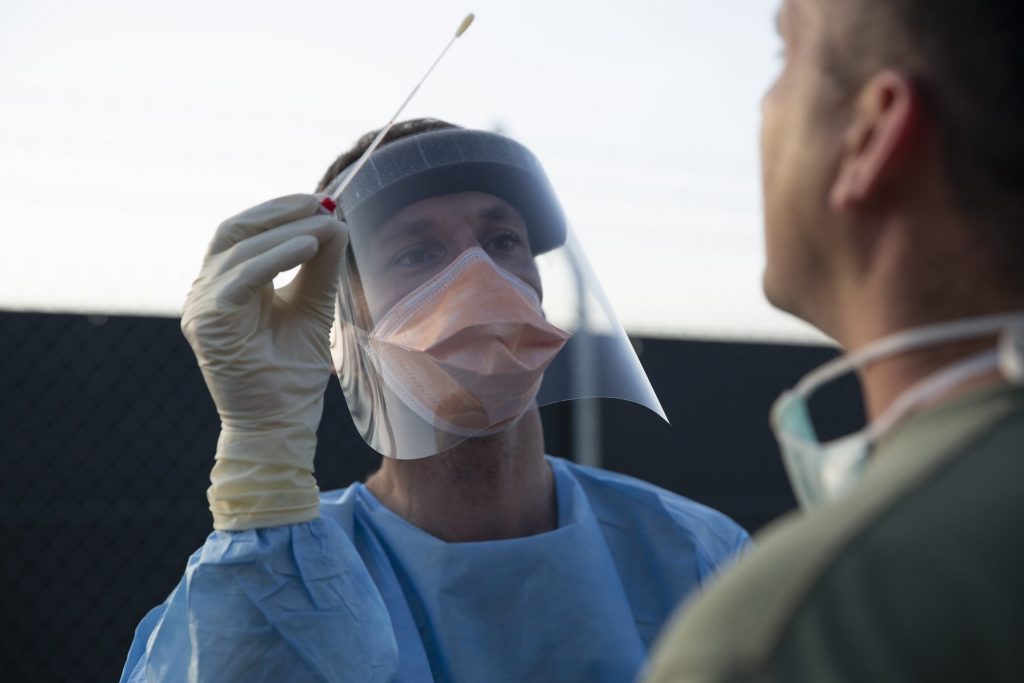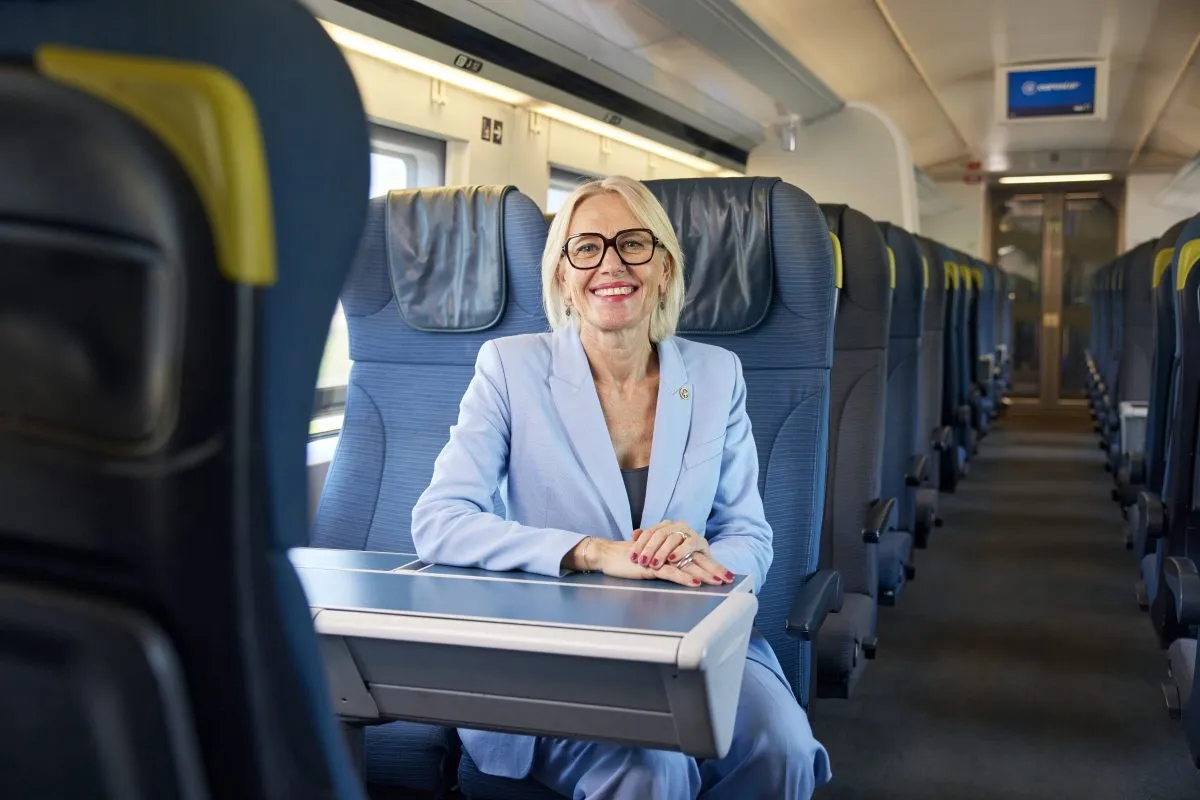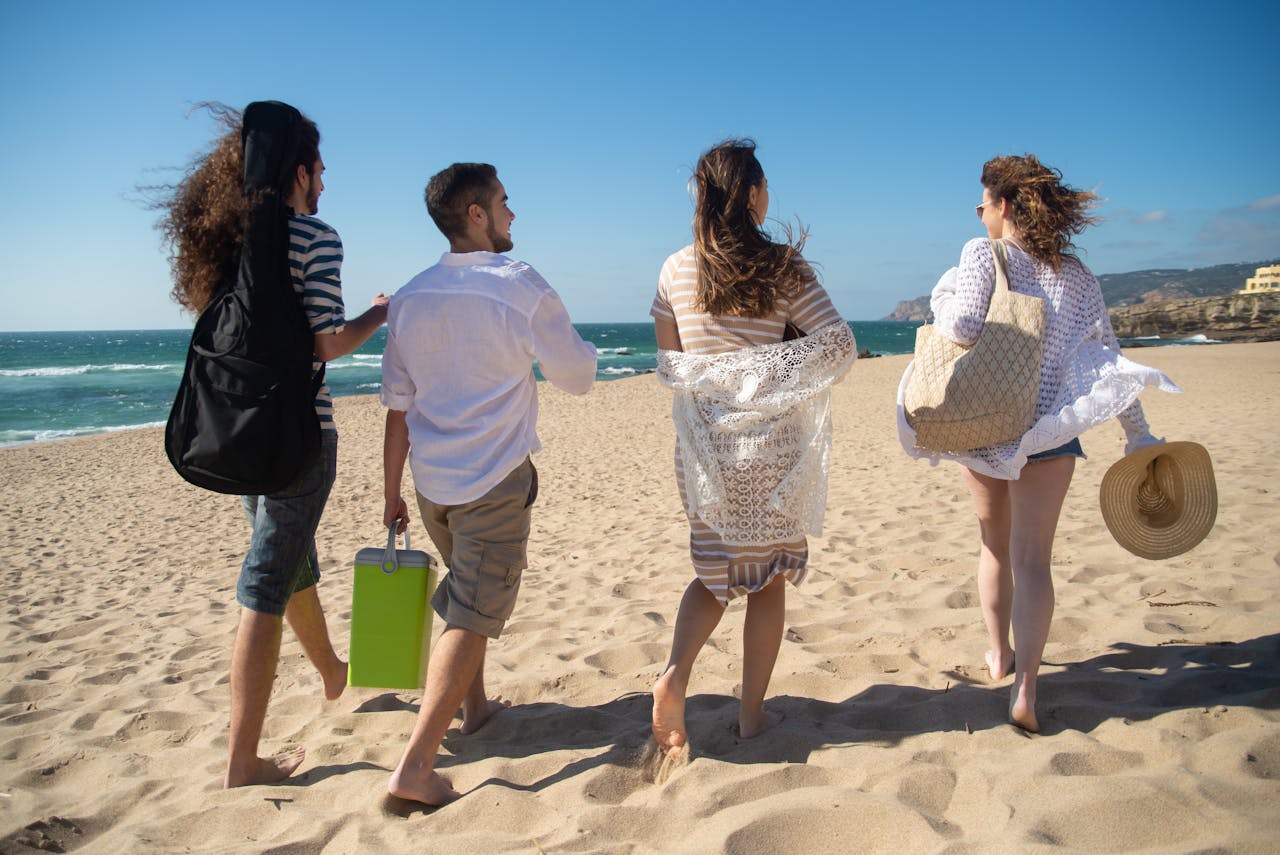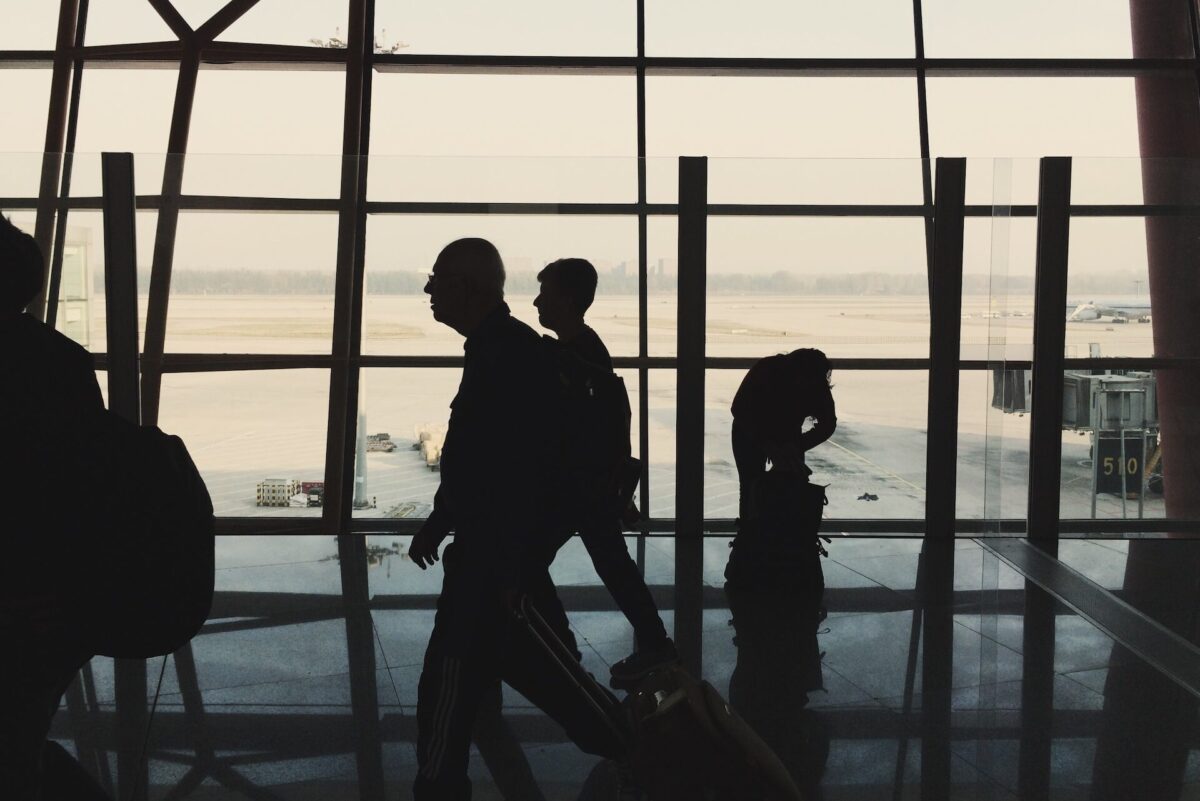Hotel CEOs Avoid Facing Reality About the Delta Variant

Skift Take
The chief executives of some of the world’s largest hotel companies in recent weeks largely downplayed the potential impact the Delta variant could have on fall business — even as tangible, negative signs wave on the horizon.
Hotel companies need corporate travel and group travel and events to kick in this fall to offset an expected decline in leisure travel stemming from students returning to in-person learning at school. Major companies like Amazon, the Coca-Cola Co., and Google have pushed back their return to the office — and presumably the accompanying travel that goes with it — to later in the year or even into 2022.
Hilton’s CEO Christopher Nassetta maintained a public face of optimism on earnings calls over the last few weeks, despite the highly contagious strain heavily impacting what has been some of the industry’s best-performing markets during the pandemic and threatening a previously anticipated fall return of business travel.
Major events like New Orleans Jazz Fest and the New York Auto Show have been cancelled while healthcare systems in states like Florida and Texas strain from the surge in patients, overwhelmingly unvaccinated, battling the virus. Southwest Airlines and Frontier Airlines both reported a negative impact on bookings in light of the Delta variant.
“We're not oblivious to the Delta variant and things that are going on in the world, but we're confident because we think we will power through that,” Nassetta said on the company’s second quarter earnings call last month, which took place amid the surge of new cases but prior to the events in New Orleans and New York getting called off. “The trends that we see real-time are very strong and improving. We feel really good about that going to happen in the fall.”
While he noted the variant remained a risk, Nassetta added he and the Hilton leadership team saw it as one that is “easily manageable.”
Marriott CEO Anthony Capuano told Skift at last month’s Americas Lodging Investment Summit the company would continue to “be vigilant” about the virus but that the company was generally optimistic with how quickly cases came down following outbreaks in markets like the UK.
Leeny Oberg, Marriott’s chief financial officer, later noted on an investor call that the hotel company’s leaders were “keeping a close eye” on variant strains but generally optimistic about the continued global recovery.
Hyatt CEO Mark Hoplamazian admitted last week “things remain uncertain” in the travel industry’s recovery but that the company continues to expect a “more robust” recovery of business travel this fall.
A Hard Dose of Reality
Analysts aren’t as convinced the fall is going to be as hunky dory as hotel CEOs would have you believe.
“We continue to be concerned about the rapid increases in Covid cases because it means a couple of things. It means, number one, that it is a little bit easier for CEOs to keep their people home for a little while longer,” said Jan Freitag, national director of hospitality analytics at CoStar Group. “It's just easier for CEOs right now to say, ‘Well, we've waited this long. Let's just wait a little bit longer.’”
Deloitte threw cold water on the travel industry’s rosy outlook for fall business travel earlier this month with a report estimating corporate travel, while higher than it has been over the last 16 months, will still remain well below pre-pandemic levels.
Only a third of companies in the Deloitte survey expect to reach even half of 2019 business travel spending levels by the end of this year. Just over half said they expected to reach their 2019 business travel spending levels by the end of next year. The responses led Deloitte to forecast U.S. corporate travel will only recover to between 65 and 80 percent of 2019 levels by the end of 2022.
If there is a silver lining, it’s that vaccines are readily available, putting some corporate travel bookers’ minds at ease when it comes to deciding whether to send employees on the road.
“The good news is [the fall of 2021] is going to be significantly better than the fall of 2020,” said Umar Riaz, the hospitality sector lead at EY Americas. “People are more optimistic and bullish about what's going to happen with travel, but, clearly, the trajectory of the recovery is still very uncertain.”
The Travel Sting Nobody Wants to Acknowledge
The hotel industry has generally been riding on a wave of unprecedented leisure travel demand, especially this summer following the initial wave of mass vaccination efforts earlier in the year.
China has generally led the recovery due to its tight containment measures and has already seen a return of business and group travel. U.S. hotels outperformed 2019 levels twice this summer so far, largely due to leisure travel. But hotel leaders have to acknowledge the fall won’t have the same kind of travel fundamentals.
There was already one setback to China’s recovery in late spring due to an outbreak of new cases in Guangdong province. Its latest outbreak, this time impacting at least 17 provinces, is another headwind for hotels and their third quarter performance. Average occupancy rates there tumbled nationally from 61 percent to just under 40 percent, according to STR's most recent weekly data.
The Delta outbreak in the U.S. didn’t damper leisure travel demand through late July, but a Truist Securities report this week noted "with music concerts and consumer trade shows starting to cancel across the U.S., we think a demand impact is forthcoming."
Hotel executives may not want to spook investors at a time when profits are only just beginning to return and the hiring landscape is extraordinarily rocky. But it’s likely just the beginning of a soured tone on the hotel industry’s recovery momentum.
Hotel companies like Marriott tout the rise of “bleisure” travel, a mix of business and leisure that grew during the pandemic as a result of people being able to work and even attend school remotely. But schools are largely going back to in-person session this fall, meaning families won’t be able to hypothetically pop down to Florida for a week to work or learn remotely by the beach.
“People are going to stay closer to home, so the leisure demand is going to burn off around Labor Day,” Freitag said. “This fall, I'm just afraid that the group piece is just not going to return back in a manner that hotels need.”




